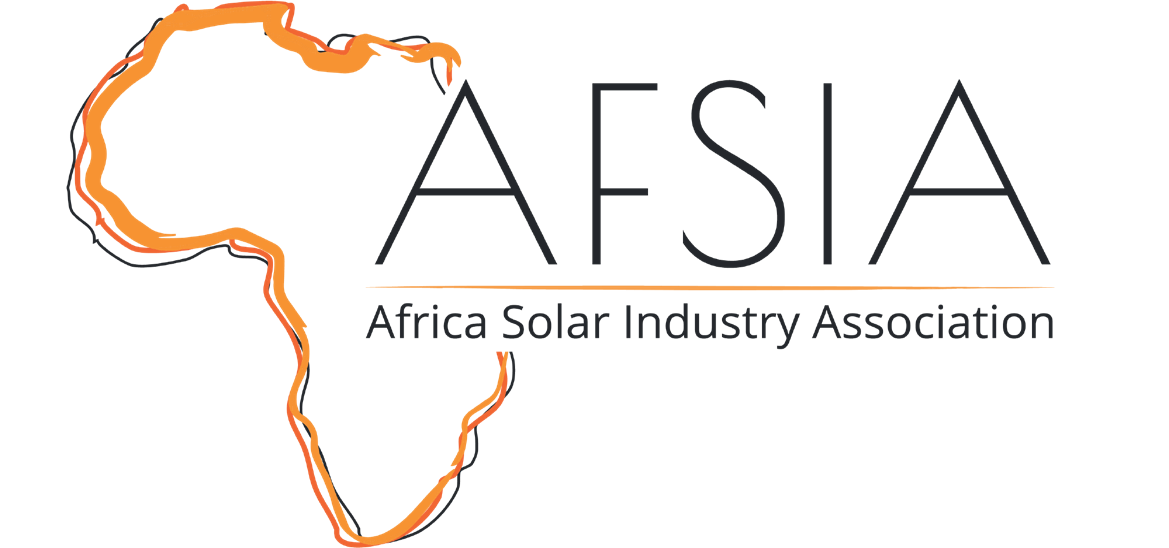The past week and a half has been quite a week for small businesses who constantly take a knock as a result of the unstable electricity supply in the country. In as much as South Africa is the most industrialized and most economically developed country in Sub-Saharan Africa, it’s woes with electricity are really costing the average small business a lot of money. Going for an average of 4 to 6 hours a day is simply not sustainable for small businesses.
It is estimated that businesses are losing about R4 billion per day because of the stringent load-shedding schedules which are making it impossible to operate. In as much as the country’s economy is said to have grown by 2% last quarter, it is highly unlikely that the growth will continue on this trajectory, given the current state of electricity supply.
Africa’s hydropower potential is estimated to be around 340 GW, of which only 11% is exploited. The Congo basin alone, currently has an astounding 13% of the world’s hydropower potential.
On the other hand, according to the International Energy Agency (IEA), Africa holds 60% of the best solar energy resources globally, but only 1% of the current installed solar energy capacity, with South Africa being best positioned geographically to harness most of this energy. For Africa to harness its solar energy potential, more investment is required, and an intentional shift from traditional energy sources to more innovative and more sustainable energy sources is needed.
Join the sustainable energy conversation at ARIS 2O22 from 27th – 29th September at the CTICC in Cape Town.
Register for #ARIS2022 here: https://lnkd.in/g-ah3hPT



